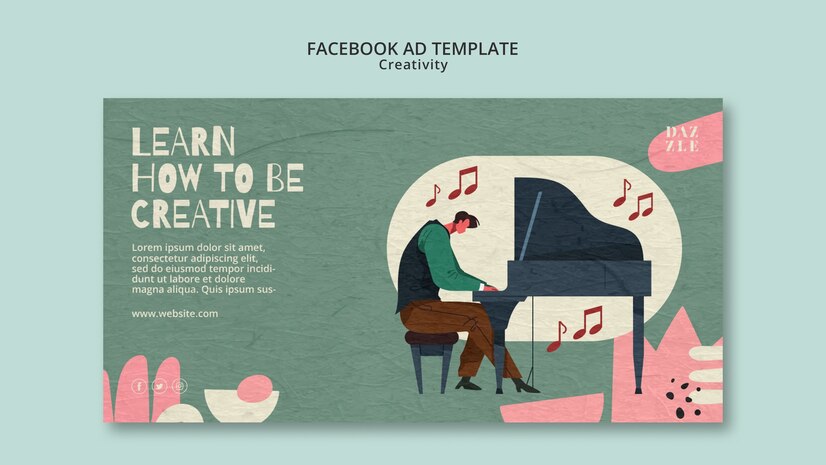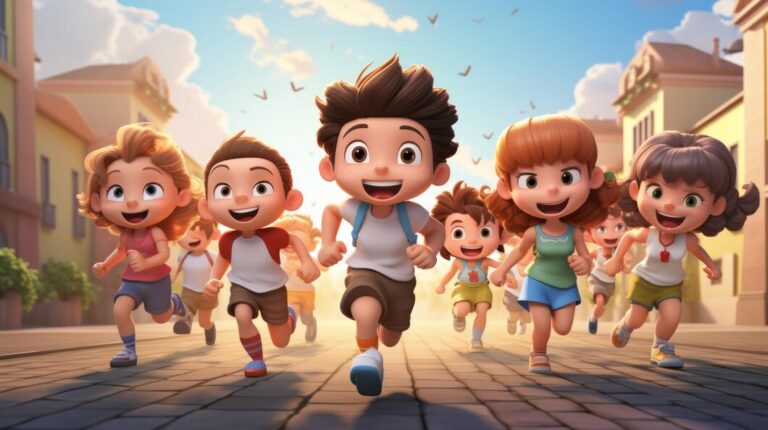Bard: Mastering the Art of Storytelling and Song
Throughout history, bard have occupied a special and esteemed role as skilled singers and storytellers. The Bardic tradition has profoundly influenced how people perceive and share stories in cultures all over the world. Bards have always been the keepers of narratives, crafting stories that stand the test of time, from prehistoric oral traditions to contemporary performances.
The Art of Storytelling
The captivating ability to tell gripping stories is the essence of bardic artistry. Bards, who are frequently regarded as the guardians of the past, instruct, amuse, and inspire with their stories. Once a vital method of transmitting knowledge, the oral tradition of storytelling finds its embodiment in the deft hands and expressive language of a bard.
Musical Mastery of Bards
Beyond just being great storytellers, bards are also highly skilled musicians. With their instruments, they give stories life and compose an enthralling symphony that strikes a chord with listeners. The way that music and narrative flow together so naturally is evidence of the variety of Bardic performances.
Poetry and Versatility
Bards are poets who use words to create poems that arouse feelings and create striking images. Their poetic expressions demonstrate a versatility that enables them to traverse a range of human experiences, encompassing happiness, sorrow, love, and loss. Bards encapsulate the essence of the human condition in their poetry.
Bardic Performance in Different Cultures
Though the word “Bard” might conjure up images of medieval Europe, related customs are found in many different cultures. Every culture, from the Bakhshi of Central Asia to the Griots of West Africa, has its own unique take on the bardic role. By contrasting these customs, we can gain understanding of the universal appeal of music and storytelling.
Bards in Literature and Folklore
There are many well-known Bardic characters in literature and folklore. The sage Minstrel from fairy tales or William Shakespeare’s Fool serve as prime examples of the bards’ continuing influence in storytelling. The stories in which they appear gain depth and cultural significance from their inclusion.
The Evolution of Bardic Traditions
Bardic traditions have changed over centuries. In literature, cinema, and other media, what once flourished in courts and taverns has found new life. These customs have developed over time, reflecting both the shifting values of society and the ageless appeal of narratives conveyed via song and poetry.
The Role of Bards in Fantasy Worlds
Bards are legendary figures in the worlds of role-playing games and fantasy literature. Frequently depicted as captivating explorers with a fondness for enchantment and melody, they captivate viewers. The fact that Bardic characters in fantasy continue to be popular shows how appealing their skills are to people of all backgrounds.
Training and Skills of a Bard
A certain set of abilities is needed to become a bard. Bards go through rigorous training to hone their storytelling skills as well as learn how to play musical instruments. Gaining these abilities not only improves their creative potential but also helps them become cultural stewards.
Bardic Instruments and Tools
A variety of instruments are part of the Bard’s toolkit, and each one adds to the magic of their performances. The harp’s eerie melody and the flute’s upbeat notes, for example, both serve as extensions of the bard’s storytelling abilities.
Famous Bards Throughout History
Renowned Bards have left their legacy adorning history. These people, who ranged from the court poets of ancient civilizations to the troubadours of medieval Europe, made a lasting impression on the fabric of their respective eras. Whether in poetry or music, their contributions have endured the ages.
The Influence of Bards on Society
Bards have been essential in forming societies. Their potent influence stems from their ability to use entertainment to spread messages. Bards have acted as catalysts for positive transformation, whether they are promoting social change or protecting cultural heritage.
Challenges Faced by Bards
Bards have a noble reputation, but they still have difficulties in their endeavors. Overcoming these challenges demands perseverance and dedication, as they range from cultural misconceptions to the demanding nature of their profession. The appreciation of Bards’ art is enhanced by knowing the challenges they face.
Bards in Contemporary Culture
The digital age gives bards new ways to express themselves. Modern Bards can reach audiences around the world through virtual performances, podcasts, and online storytelling platforms. The timeless appeal of bards’ craft is demonstrated by their continued relevance in modern culture.
Conclusion
To sum up, the Bardic tradition is evidence of the timeless value of music and storytelling. Stories that reverberate through the ages have been preserved by bards, both past and present, and have woven the fabric of human experience. Their capacity to enthrall people guarantees that the legacy of the bardic arts will always be alive and well.
FAQs
Can anyone become a Bard, or is it an innate talent?
A combination of natural ability and committed training is required to become a bard. Mastery can be attained via training and practice, even though some people may naturally be skilled in this area.
Are Bards limited to historical or fantasy settings, or do they exist in the modern world?
Today’s world still sees a thriving bard community, with practitioners incorporating their art into new media like podcasts, music streaming, and digital storytelling platforms.
What role did Bards play in ancient societies beyond entertainment?
Bards performed as more than just entertainers; they were advisors, influencers, and historians. They also played a part in maintaining community collective memory and establishing cultural norms.
Do Bards face unique challenges in the digital age?
For bards, the digital age offers both opportunities and challenges. Even though online platforms have a global audience, it can be difficult to stand out in a crowded digital space.
How have Bards influenced popular culture, beyond literature and folklore?
Bards have impacted popular culture in a variety of ways, from influencing modern musicians to influencing the narrative structure of contemporary television and film.







